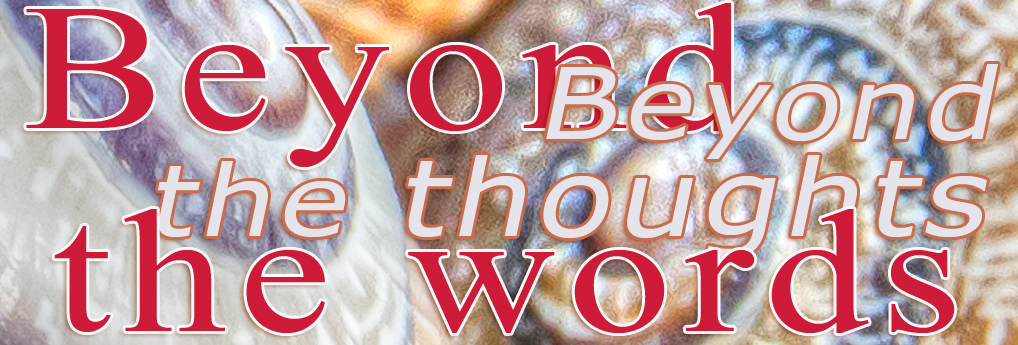Kurt Vonnegut in Galapagos sees the salvation of humanity in a regression to a seal-like existence. A life simple, short, determined and uncomplicated. Without the „Big brain“ that has thrown humans and the world into greatest suffering.
He prefers to return to the completely animal state. As a humanist and atheist, the idea of leaving animal existence is alien to him. He wants to limit man’s destructive survival instinct by regressing the out-of-control survival tool. He sees no possibility of liberating the mind in its present capacity and allowing it to serve the world through spiritual guidance.
Kurt Vonnegut sees the state of the world and argues for the abolition of humanity.
Vonnegut, in good old mind fashion, wants to destroy the enemy – In this case the mind itself – to separate oneself from that which causes one suffering. He knows nothing about the integration of the mind into the whole human being. He sees only the materialistic delusion, not the spiritual salvific developments of the human being and the prospect of an integrated humanity.
Anyone who has read his Lao Tse and the other classical Daoists – which I assume is the case with Kurt Vonnegut – can already come to the conclusion that these saints see the state of nature as the ideal of humanity. So we are all fluffy seals with flippers and small brains again. But that is not what is meant. To recognise the Dao and then act in an integrated divine way. And those who cannot recognise it, let them be happy in a simple life, protected from everything that could ignite the all-destroying madness of the unleashed mind.
The development of man goes in the direction of higher knowledge of his existence. Not in the direction of a regression into a more harmless animal state of consciousness than he now holds.
